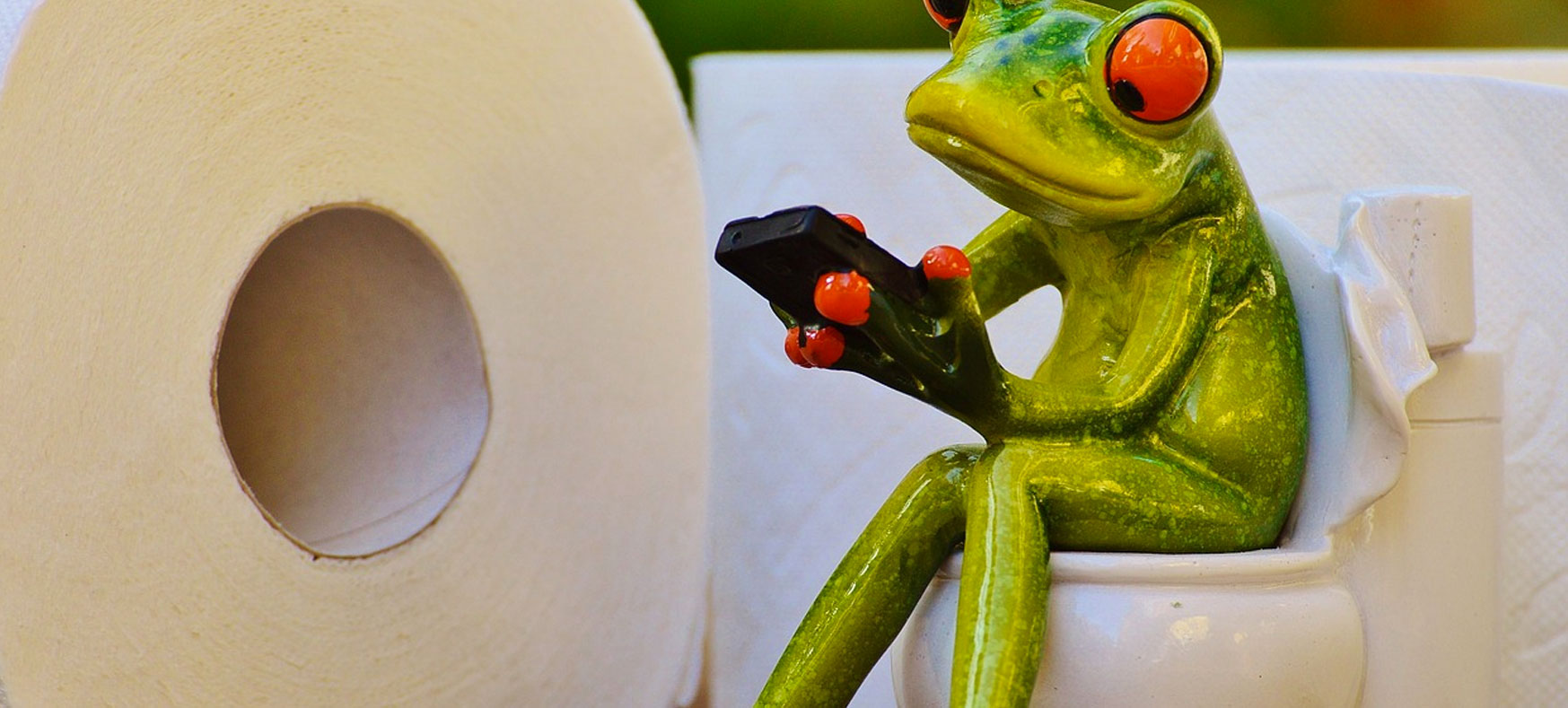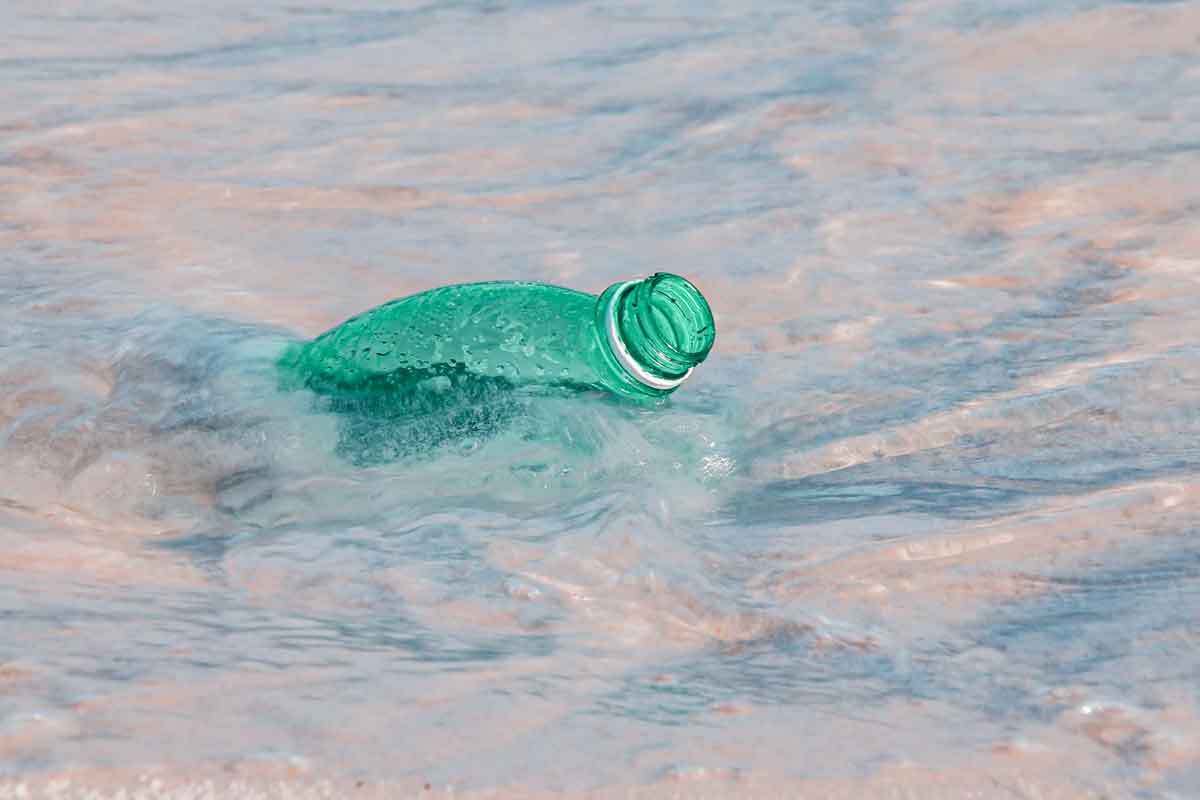Protect your pipes this Unblocktober
WEDNESDAY 2nd OCTOBER 2024

Every year there are approximately 300,000 sewer blockages (2019) across the UK.
As a business, blocked sewers can cause disruption to operations and higher insurance costs. With that in mind, let's dive in and see some of the steps that you can take to reduce blockages.
How blockages occur
As we pour oil down a drain or flush a wet wipe, blockages occur and cause damaging effects to the surrounding wildlife and environment. Over time, this creates fatbergs. A fatberg is, like an iceberg, but made up of solid fats, oils, and grease, often combined with a collection of flushed rubbish.
In 2019 Lanes Drainage Services UK ran a survey to understand the public’s perception surrounding these blocked drains and pollution. 48% of people said they had poured fat/oil down their drains and 58% admitted to flushing wet wipes.
Sewage-related debris (items flushed down your toilet) can enter our waterways and oceans as the sewers overflow in periods of maximum network capacity or high rainfall. This debris (and their hidden plastics!) can take hundreds of years to decompose in our oceans.
Blocked drains are not only a health and safety concern, but could disrupt daily operations.
Join us in a pledge to stop flushing and pouring harmful things into our drains and waterways.
Wet Wipes
They're made from non-woven fabric which can take up to 500 years to biodegrade
Cigarette butts
Their cardboard may only take two months to biodegrade, but the butt contains cellulose acetate fibre; taking up to 500 years to decompose.
Cotton buds
With an estimated 1.8 billion flushed down our toilets each year, their cotton tips may only take a year but those plastic stems can take up to 500 years to decompose.
Nappies
The sodium acrylate can biodegrade fairly quickly in just 1-6 months, but again those non-woven fabrics (polyester) takes up to 500 years.
Sanitary towels
Sanitary towels follow a similar pattern with biodegrading taking up to a year for any cotton or rayon; but their plastics add up to 500 years.
Tampons and applicators
The benefits of a cardboard tampon applicator can be seen as they take two months to biodegrade compared to the plastics up to 500 years.
Oils and foods
Including butter and cooking oil. Even the crumbs can build up and create blockages.
Contact lenses
Contact lenses are made from plastic and so can take up to 500 years to degrade.
Dental floss
Dental floss can take 50-80 years to degrade. However, if you use the sticks, the plastic handle will take over 500 years to degrade.
Top tips to save our waterways
- Leftover cooking fat or oil can be poured into a container and left to cool and solidify before being binned.
Why don't you consider using any leftover suet or lard to make bird food fat balls (2 parts bird seed 1 part fat into balls attached to string).- Would a sink strainer in your sink help prevent any left overs falling away from you down the pipe!
- Could you consider some eco-friendly alternatives to your go to care products.
- Look for local clean up projects to get involved in to help your local area, and protect our oceans and rivers.
- Spread the message for more to get onboard.

Sources: Lanes Group, Lanes Drainage Services Uk, Water Uk, Marine Conservation Society